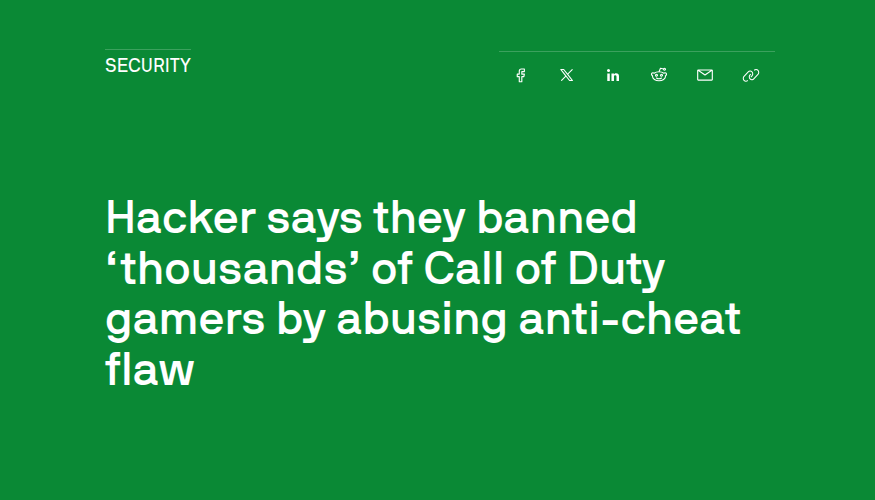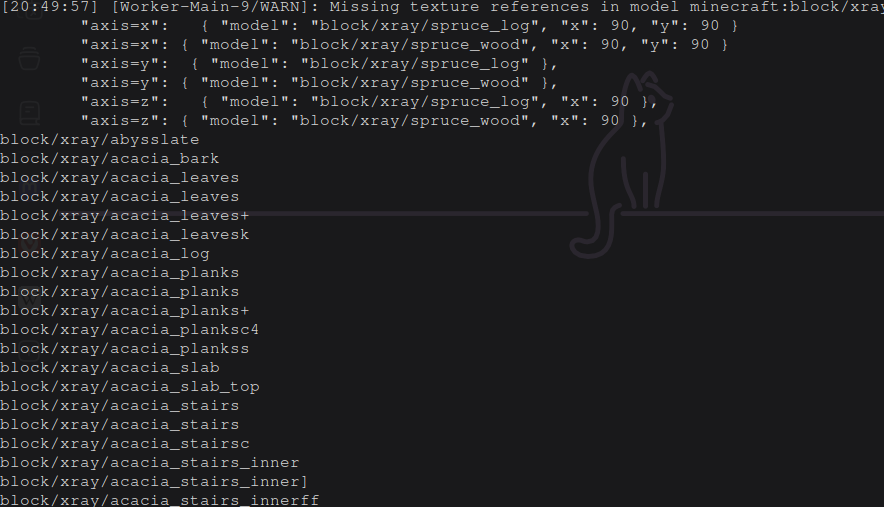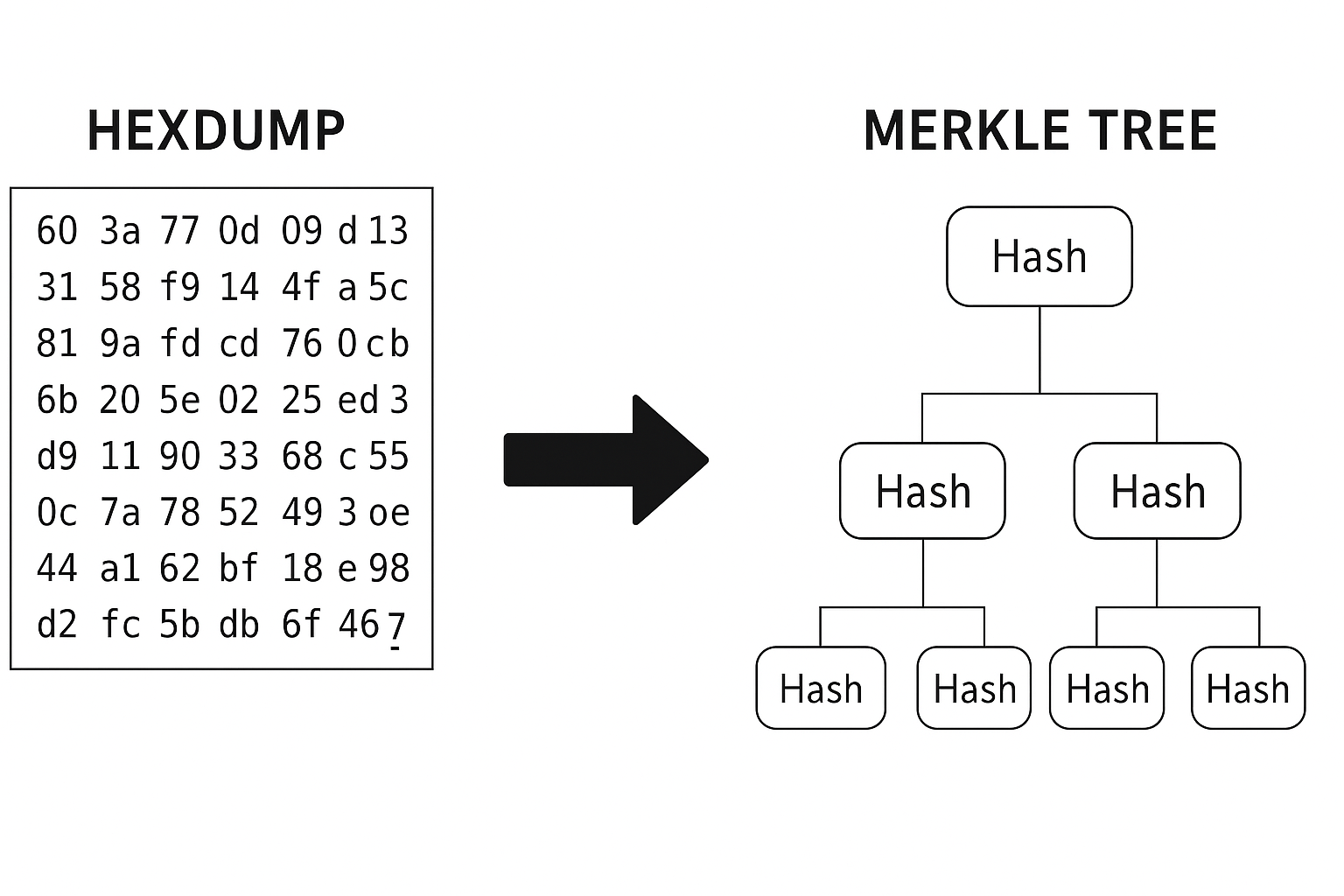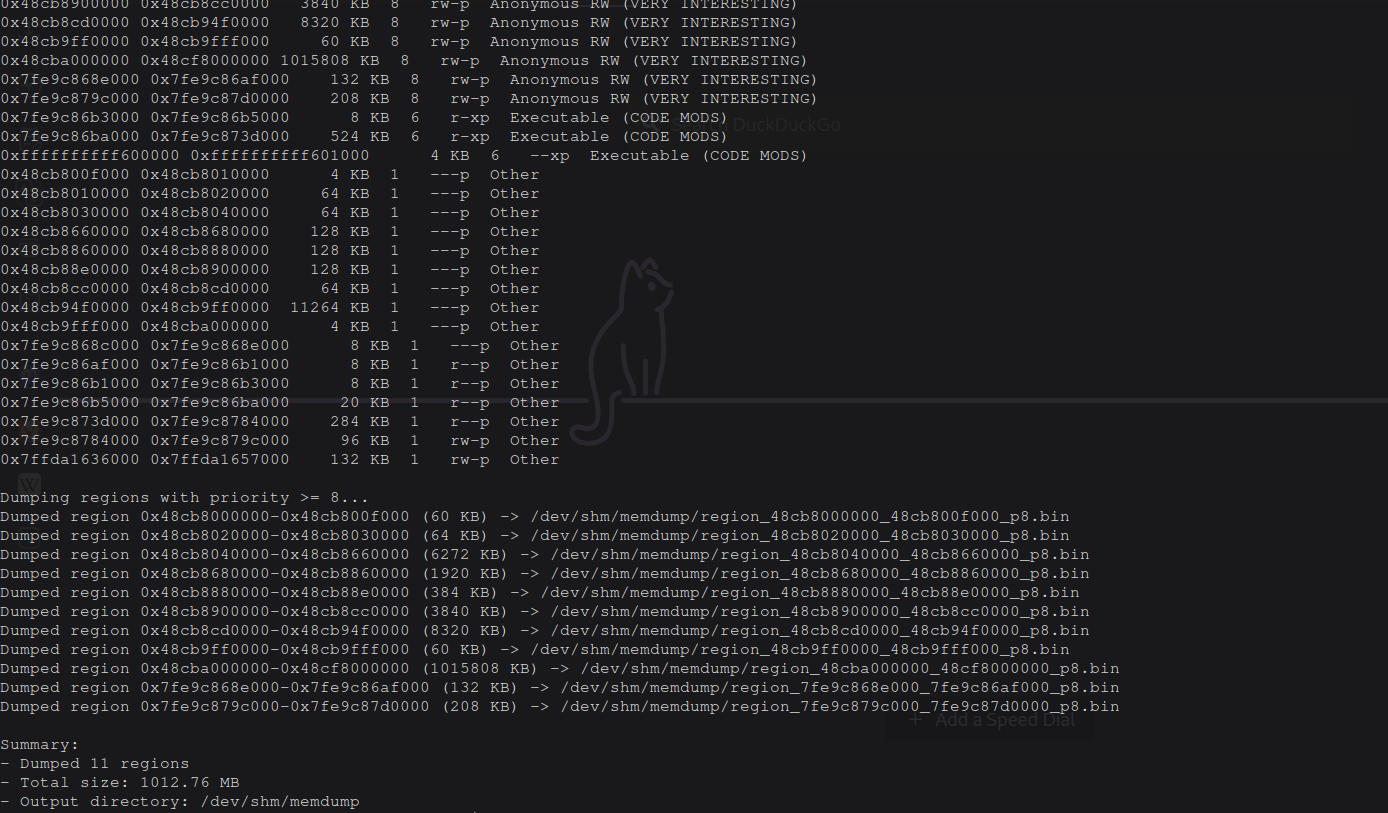Anti-Cheat Engines Are
Spying On You
Traditional anti-cheat systems install kernel-level malware on your computer, monitor everything you do, and harvest your personal data. It's time for a privacy-first solution.
A Multi-Billion Dollar Problem
The anti-cheat industry is worth billions, yet it's built on invasive surveillance that violates user privacy
The global anti-cheat software market is projected to reach $3.2 billion by 2028, driven by the explosive growth of competitive gaming and esports.
Live speedrunning streams need real-time cheat verification without revealing strategies or compromising privacy - perfect for ZK proofs.
Current solutions require kernel-level access, constant monitoring, and data harvesting - violating user privacy for profit.
The Anti-Cheat Problem
Modern anti-cheat engines have become invasive surveillance tools that violate user privacy
Anti-cheat engines run with the highest system privileges, giving them access to everything on your computer - files, processes, network traffic, and more.
These systems continuously scan your system, monitor running processes, and collect data about your behavior - even when you're not gaming.
Your personal information, system configuration, and usage patterns are collected and transmitted to game companies and third parties.
Real-World Consequences
The Call of Duty incident that exposed how broken traditional anti-cheat systems really are
The Call of Duty Malware Ban Incident
Call of duty players were being banned randomly for no obvious reason.


This incident proved that anti-cheat engines are scanning private communications and making automated decisions that can destroy players' accounts and gaming investments. WE CAN DO BETTER!
Hackers discovered a vulnerability in Call of Duty's anti-cheat system that allowed them to trigger false bans on other players.
The anti-cheat system had too much power and was making automated decisions without human oversight, leading to unjust consequences for innocent players.
Live Cheat Detection Demo
See our ZK anti-cheat engine detect X-ray cheats in Minecraft through memory signature analysis
X-Ray Cheat Detection in Minecraft

X-ray cheat allows players to see through blocks, revealing hidden ores and structures

Memory signatures: Invalid texture references and X-ray file paths detected in game memory
Evil Signatures Detected:
- • Invalid texture loading patterns in memory
- • X-ray specific file paths: "block/xray/*"
- • Missing texture references for cheat models
- • Abnormal rendering pipeline modifications
Cryptographic Detection:
- • Merkle tree contains cheat signatures
- • Proof of inclusion for evil memory patterns
- • Invalid texture values trigger detection
- • Tamper-proof evidence on Aztec Network
Our Solution
Zero-knowledge proofs enable privacy-preserving cheat detection - perfect for speedrunning streams and competitive gaming
Using Noir's recursive proofs, we validate the entire game memory state in a single proof, ensuring no memory manipulation or invalid modifications occurred during gameplay.
Most game state is static and homogeneous throughout gameplay. We optimize by only checking memory deltas that change, using a state machine approach for maximum efficiency.
Speedrunners can prove legitimacy in real-time during live streams without revealing strategies or compromising privacy - viewers get cryptographic proof of fair play.
Memory Validation with Merkle Trees

Real Memory Dump Analysis

Live memory dump showing 1012.76 MB across 11 regions - including "VERY INTERESTING" anonymous memory and executable code modifications that indicate potential cheats
How It Works:
- • Game memory is captured and analyzed in real-time
- • 1012.76 MB across 11 memory regions dumped to binary files
- • "VERY INTERESTING" anonymous memory regions flagged
- • Executable code modifications detected and analyzed
- • Memory chunks are hashed into Merkle tree leaf nodes
- • Single root hash represents entire memory state
Evil Signature Detection:
- • Cheat patterns create unique memory signatures
- • Inclusion proofs show evil signatures in tree
- • Recursive proofs validate entire tree structure
- • Tamper-proof evidence on Aztec Network